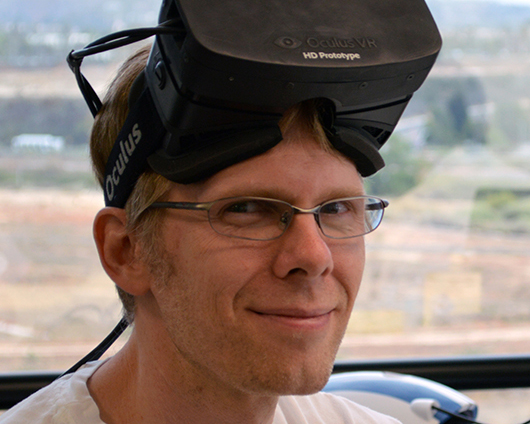
It’s all about bigger hardware players buying smaller ones this week as Intel buys Basis and Facebook — wait a minute, that’s not right.
OK, the first one is true: Intel bought San Francisco-based Basis Science for approximately $100 million this week, and will integrate the company into its devices group, which is responsible for a variety of experimental products in the sensor and wearable space.
Basis sells “the world’s most advanced health tracker,” a band that contains “the most advanced sensors on the market, capturing heart rate patterns, motion, calorie expenditure by activity, multiple sleep stages, including REM—even perspiration and skin temperature.” The device also comes with iOS and Android apps for easy synchronization of the various sensors’ data.
Our own Tom Emrich is a big fan of the company and thinks the Intel investment is a wise one. “The company has some big user champions,” he says, “And the fact that it focuses on [heart rate monitoring] is huge since its now the benchmark for fitness trackers.” Samsung has recently adopted that trend with the integration of a heart rate sensor in the upcoming Galaxy S5, as well as the Gear 2 smartwatch and Gear Fit bands.
“The acquisition of Basis gives Intel an immediate way to enter the fitness tracking market,” says Emrich. “Basis has the sensors but more importantly the algorithms” necessary to add context to the numbers.

Intel will use Basis’ existing products, and its own manufacturing capabilities, to more adapt its low-powered chips for use in wearable products. Intel already invested in Basis back in October 2013, and has also put money towards Canadian startups Recon and Thalmic Labs. Basis said in a blog post that their team and Intel “shared a common purpose in applying the very best technology in the world to helping people lead healthier lives. Intel has a broad wearables strategy and we are now a key part of it.”
The less believable and slightly more amazing product announcement is that Facebook, the same company that purchased Instagram and WhatsApp, has acquired Oculus VR for around $2 billion in cash and Facebook stock.
The virtual reality startup doesn’t even have a consumer product on the market, but Zuckerberg and company have big plans for VR. The backlash to the acquisition was swift, with thousands of supporters doubting Facebook’s noble intentions for the company — virtual reality ads, anyone? — but Oculus’ founder, Palmer Luckey, tried to assuage those doubts. “Partnering with Mark and the Facebook team is a unique and powerful opportunity. The partnership accelerates our vision, allows us to execute on some of our most creative ideas and take risks that were otherwise impossible. Most importantly, it means a better Oculus Rift with fewer compromises even faster than we anticipated,” he said in a Reddit post.
While it’s true that Facebook’s influence has not dampened the growth of Instagram nearly two years later, it still poses a question: what are they trying to accomplish? The company is seen to be buying innovation instead of accomplishing it themselves, which is a valid strategy as long as it aligns with the overarching goal of the organization.
Facebook says it merely wants to help scale Oculus properly, which may not have been possible if they had stayed independent. Oculus have sold 75,000 development kits to date, and was looking at a public release later this year. Many gaming companies, including Valve and Sony (who recently unveiled their own virtual reality headset) have pronounced VR as the future of gaming, though it likely won’t make a huge market impact for another 10 years or so.
In the meantime, Canadian startups like Thalmic Labs, which has used Oculus to great effect with its own Myo armband, seems to be benefiting from the press. We recently showed you a video of Oculus and Myo working together, so it’s entirely possible that Thalmic will now work with Facebook on even bigger projects.
[source]The Verge, Techcrunch[/source]
MobileSyrup may earn a commission from purchases made via our links, which helps fund the journalism we provide free on our website. These links do not influence our editorial content. Support us here.


